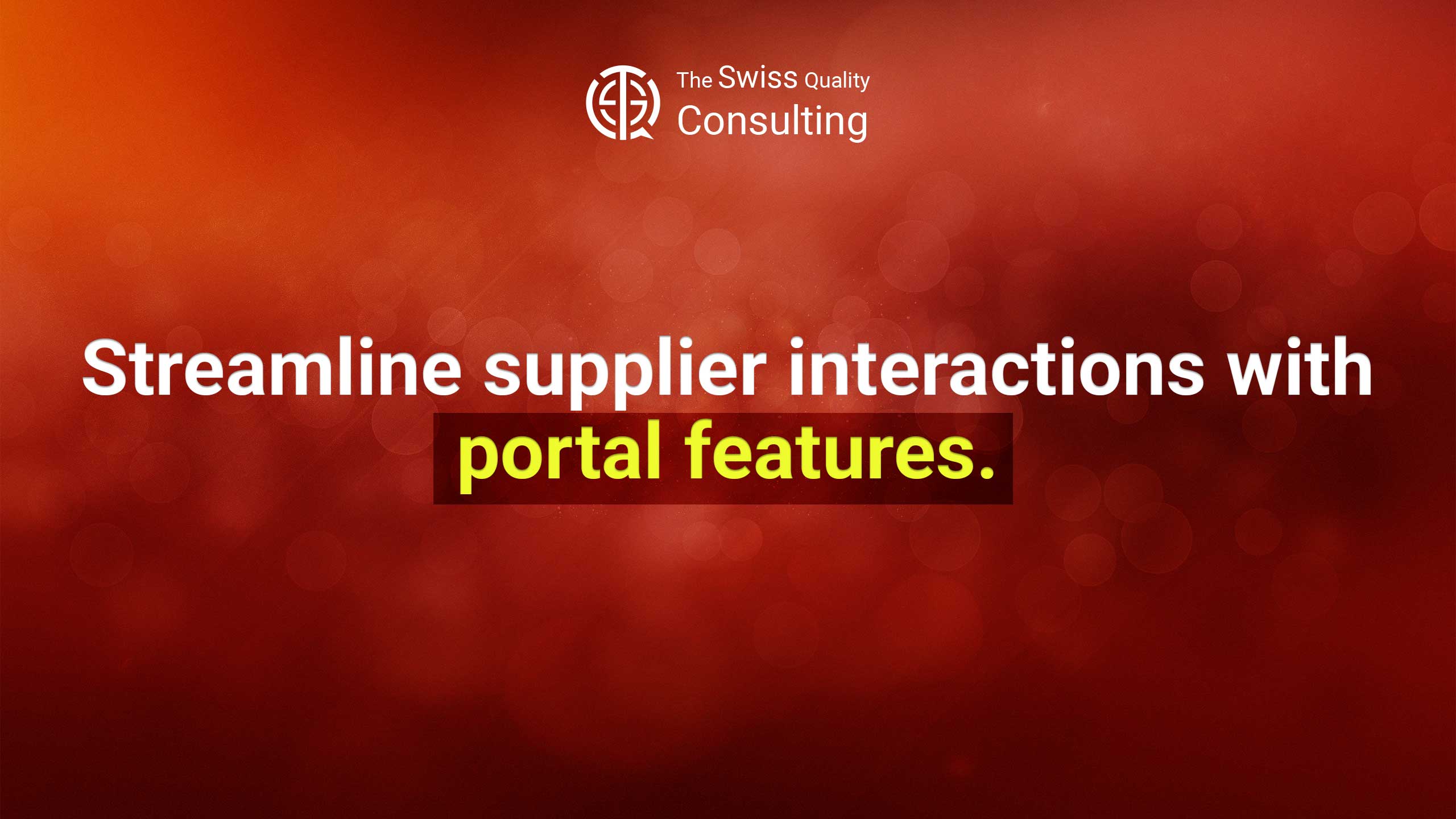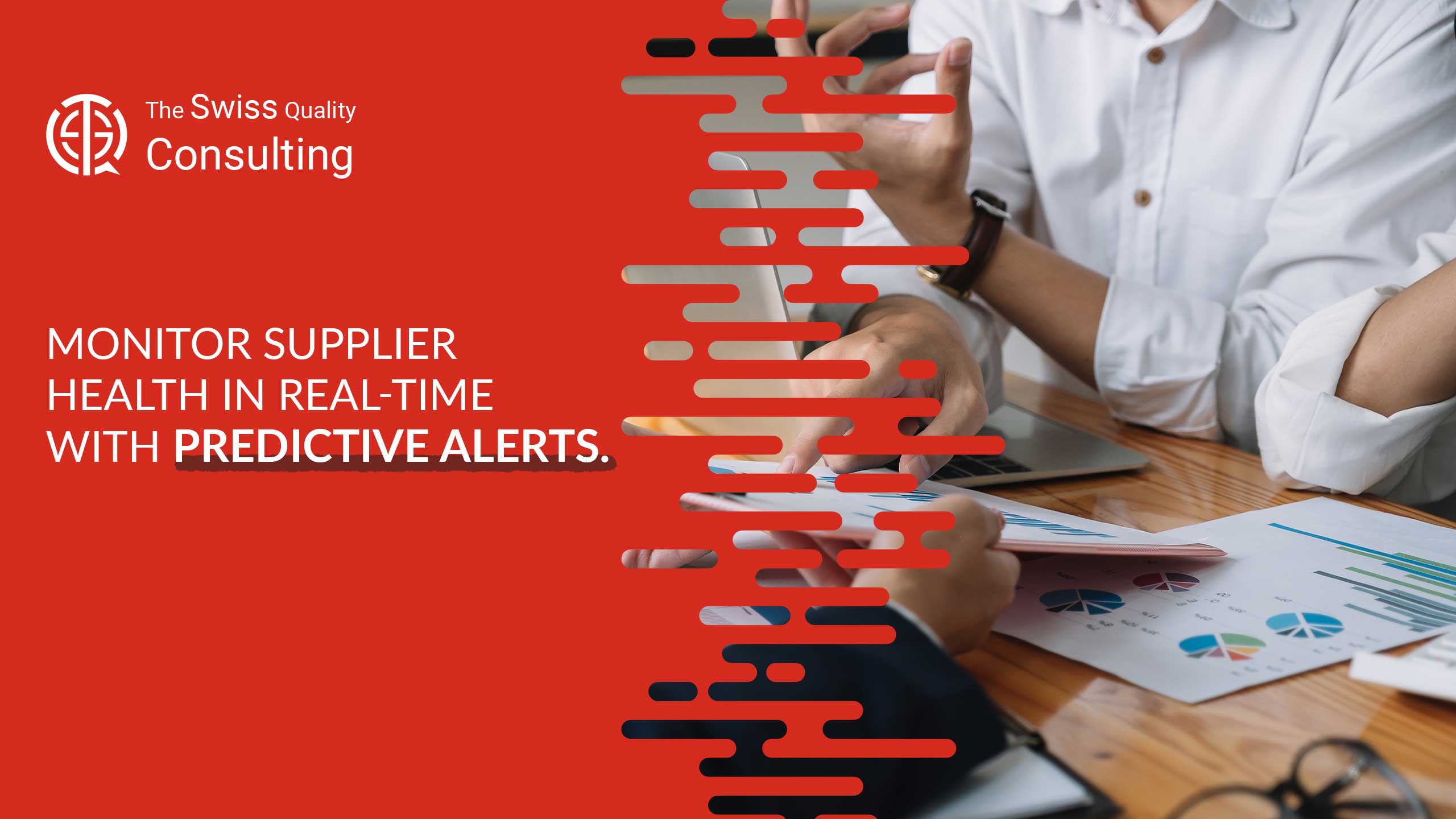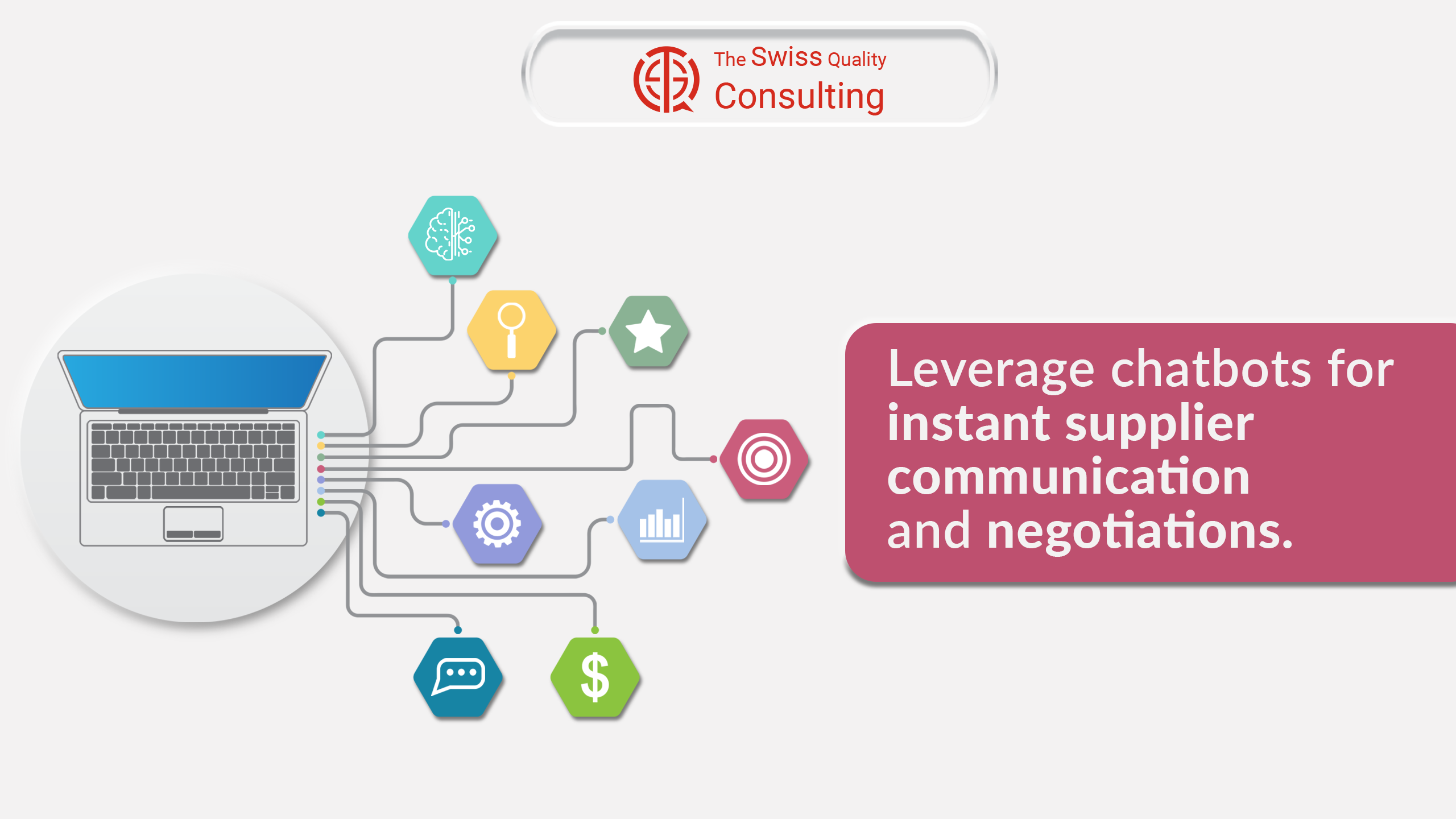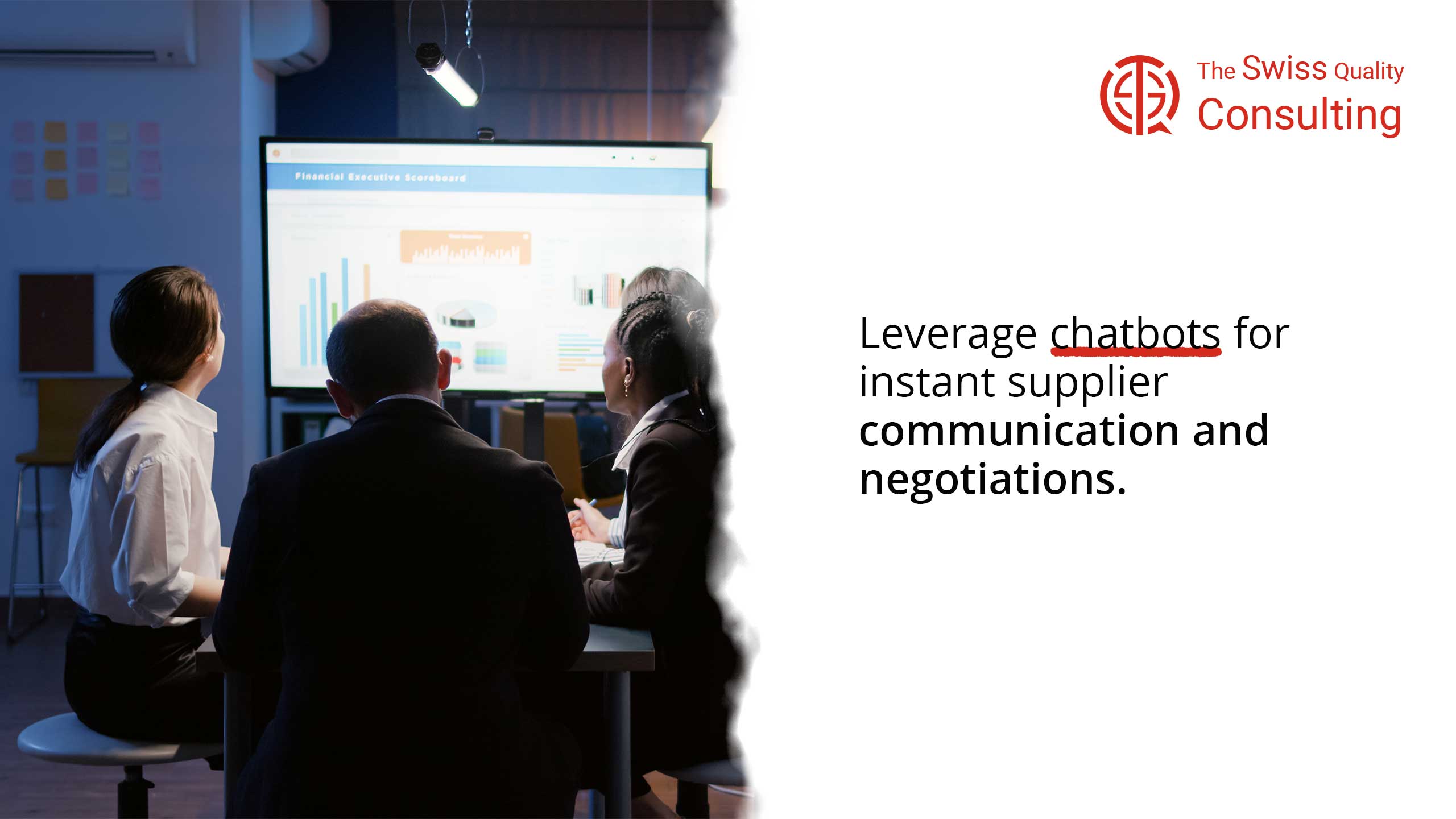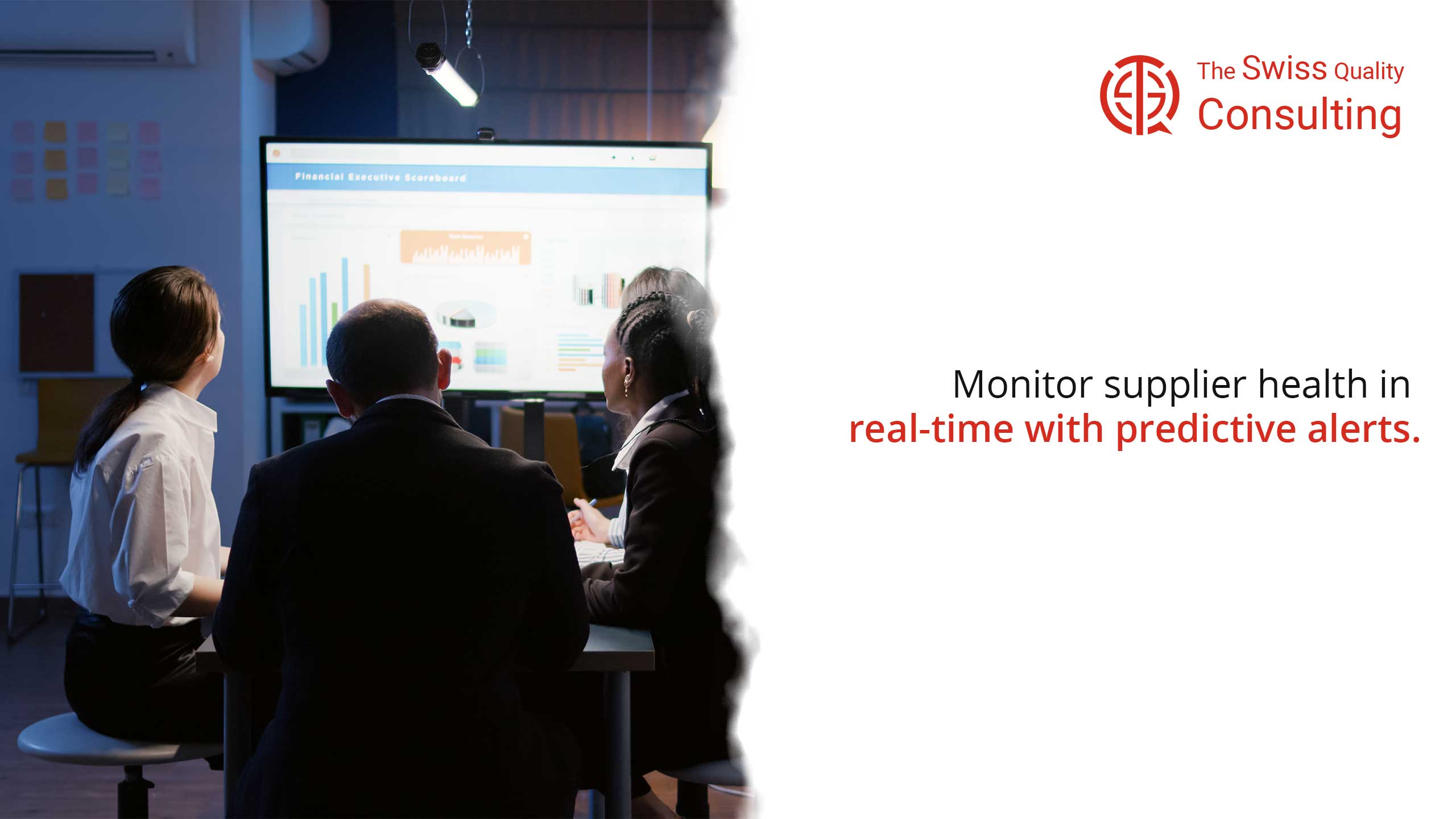ERP Solutions for Procurement Optimization in Swiss Companies
Enhancing Procurement Efficiency with ERP Solutions
ERP solutions for procurement optimization in Swiss companies offer a strategic approach to managing procurement processes, helping businesses reduce costs and improve supplier relationships. In the highly competitive Swiss market, efficient procurement is essential for maintaining profitability and operational efficiency. ERP (Enterprise Resource Planning) systems provide a comprehensive platform that integrates procurement with other critical business functions, such as finance, inventory management, and logistics, enabling companies to streamline their purchasing processes and gain better control over their supply chains.
One of the primary advantages of using ERP solutions for procurement optimization is the ability to automate routine tasks, such as purchase order creation, approval workflows, and supplier performance monitoring. Automation reduces the administrative burden on procurement teams, allowing them to focus on strategic activities like negotiating better terms with suppliers and sourcing new products. For Swiss companies, where precision and compliance are paramount, ERP systems ensure that procurement processes adhere to established guidelines and regulatory requirements, minimizing the risk of errors and discrepancies.
Additionally, ERP solutions provide real-time visibility into procurement activities, enabling Swiss companies to monitor spending, track supplier performance, and identify opportunities for cost savings. This level of transparency is crucial for making informed decisions about supplier selection and contract management. By leveraging data analytics within ERP systems, Swiss companies can analyze procurement trends, forecast demand, and optimize inventory levels, all of which contribute to a more efficient and cost-effective procurement strategy. Ultimately, ERP solutions empower Swiss businesses to transform their procurement processes from a cost center into a source of competitive advantage.
Reducing Costs Through Effective ERP Integration
Reducing costs is a key priority for Swiss companies looking to optimize their procurement processes, and ERP solutions play a vital role in achieving this objective. By integrating procurement with other business functions within the ERP system, companies can eliminate silos and create a more cohesive approach to managing expenses. For example, ERP systems enable Swiss companies to consolidate purchasing activities across multiple departments or business units, which can lead to bulk purchasing discounts and better negotiation power with suppliers. This integration also helps prevent duplicate orders and reduces the risk of overstocking, further contributing to cost savings.
Another way ERP solutions help reduce costs is through improved supplier management. ERP systems provide tools for evaluating supplier performance based on metrics such as delivery times, product quality, and pricing consistency. By maintaining detailed records of supplier interactions and performance, Swiss companies can make data-driven decisions about which suppliers to retain, renegotiate contracts with, or replace. This strategic approach to supplier management ensures that companies are working with the most reliable and cost-effective partners, which can significantly reduce procurement costs over time.
Moreover, ERP solutions support dynamic pricing and contract management, allowing Swiss companies to take advantage of market fluctuations and negotiate better terms with suppliers. ERP systems can automatically adjust purchase orders based on pre-defined rules, such as taking advantage of volume discounts or price drops. This level of flexibility is essential for Swiss companies operating in industries with volatile market conditions, such as manufacturing and retail. By leveraging ERP for dynamic pricing and contract management, Swiss businesses can optimize their procurement processes and achieve substantial cost reductions.
Improving Supplier Relationships with ERP Solutions
Building Stronger Supplier Relationships with ERP Integration
ERP solutions for procurement optimization in Swiss companies also play a crucial role in enhancing supplier relationships. A strong supplier relationship is built on trust, communication, and mutual benefit, and ERP systems provide the tools needed to foster these elements. By offering a centralized platform for managing all supplier interactions, ERP solutions help Swiss companies maintain clear and consistent communication with their suppliers, which is essential for resolving issues quickly and maintaining a positive working relationship.
Swiss companies can use ERP systems to track and manage supplier performance, ensuring that they meet contractual obligations and deliver on time. Performance metrics such as lead times, order accuracy, and compliance with quality standards can be monitored within the ERP system, providing a transparent view of each supplier’s reliability. This transparency allows Swiss companies to address any issues proactively, such as working with a supplier to improve delivery times or resolve quality concerns. By taking a proactive approach to supplier management, companies can build stronger, more collaborative relationships that benefit both parties.
Furthermore, ERP solutions support supplier collaboration by providing shared portals or platforms where suppliers can access purchase orders, update delivery schedules, and communicate directly with procurement teams. This level of collaboration reduces the likelihood of miscommunication and ensures that both the company and its suppliers are aligned on expectations and requirements. For Swiss companies, this collaborative approach can lead to more efficient procurement processes, reduced lead times, and improved overall supplier performance, all of which contribute to a more resilient supply chain.
Leveraging Data Analytics for Better Procurement Decisions
Data analytics is a powerful feature of ERP solutions that can significantly enhance procurement decision-making in Swiss companies. By analyzing data collected through the ERP system, businesses can gain insights into spending patterns, supplier performance, and market trends, allowing them to make more informed procurement decisions. For instance, Swiss companies can use ERP analytics to identify which suppliers offer the best value for money, which products are most frequently purchased, and where there are opportunities to negotiate better terms or consolidate orders.
ERP systems can also support predictive analytics, which uses historical data to forecast future demand and procurement needs. This capability is particularly valuable for Swiss companies operating in industries with seasonal fluctuations or unpredictable demand patterns. By accurately forecasting demand, companies can optimize inventory levels, reduce the risk of stockouts or overstocking, and plan procurement activities more effectively. Predictive analytics also enables Swiss companies to anticipate potential supply chain disruptions and develop contingency plans, ensuring that they can maintain operations even in challenging conditions.
Additionally, ERP solutions provide dashboards and reporting tools that allow Swiss companies to visualize procurement data in real-time. These visualizations make it easier for procurement teams to identify trends, monitor KPIs, and communicate findings to stakeholders. By leveraging data analytics within ERP systems, Swiss companies can transform their procurement processes into a strategic function that drives business success, rather than simply a transactional activity.
Conclusion: The Future of ERP in Swiss Procurement
ERP solutions for procurement optimization in Swiss companies offer a comprehensive approach to enhancing procurement efficiency, reducing costs, and improving supplier relationships. By integrating procurement with other business functions, leveraging data analytics, and fostering collaboration with suppliers, Swiss companies can achieve significant improvements in their procurement processes. As digital transformation continues to evolve, the role of ERP systems in procurement will become increasingly important, providing the tools and insights needed to navigate the complexities of modern supply chains.
Swiss companies that embrace ERP solutions for procurement optimization will be well-positioned to reduce costs, enhance supplier relationships, and drive long-term business success. By adopting a strategic approach to ERP implementation and focusing on continuous improvement, Swiss businesses can unlock the full potential of their procurement functions and maintain a competitive edge in the market.
—
#ERPSolutions #ProcurementOptimization #SwissCompanies #SupplierRelationships #CostReduction #SupplyChainManagement #BusinessEfficiency #SwissBusinessStrategies


